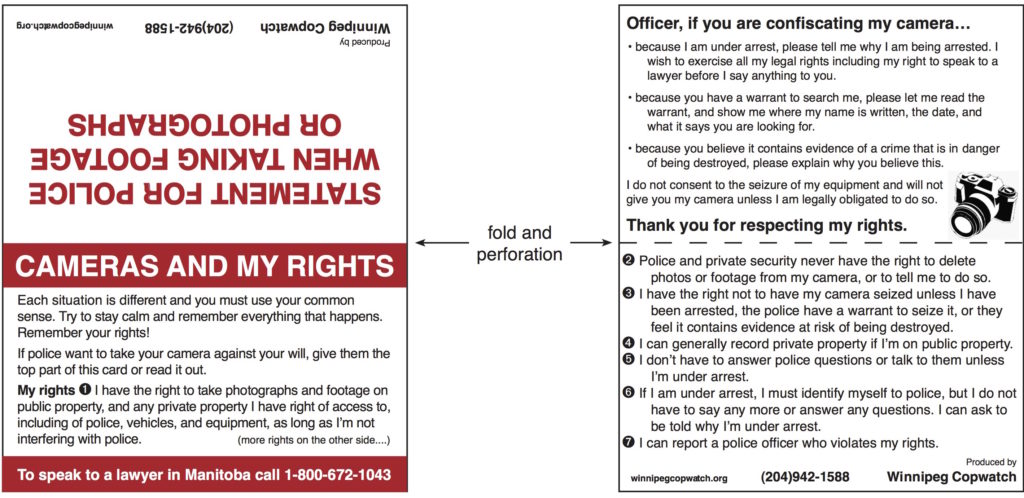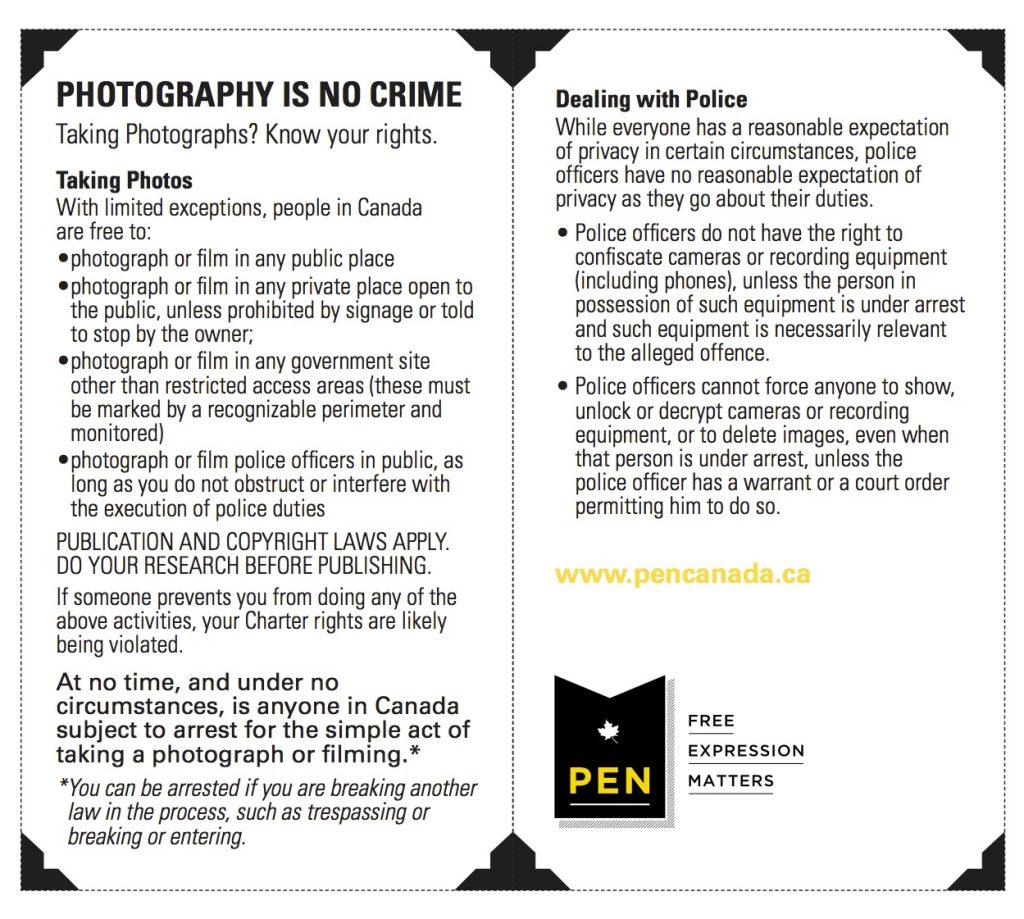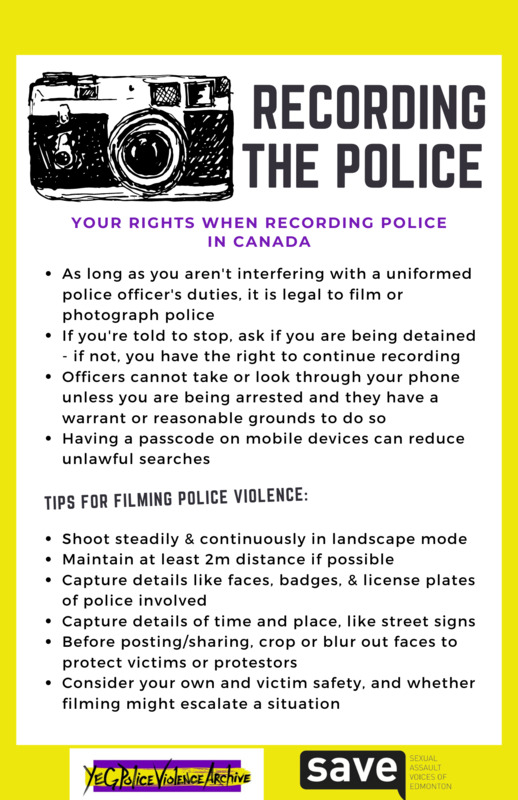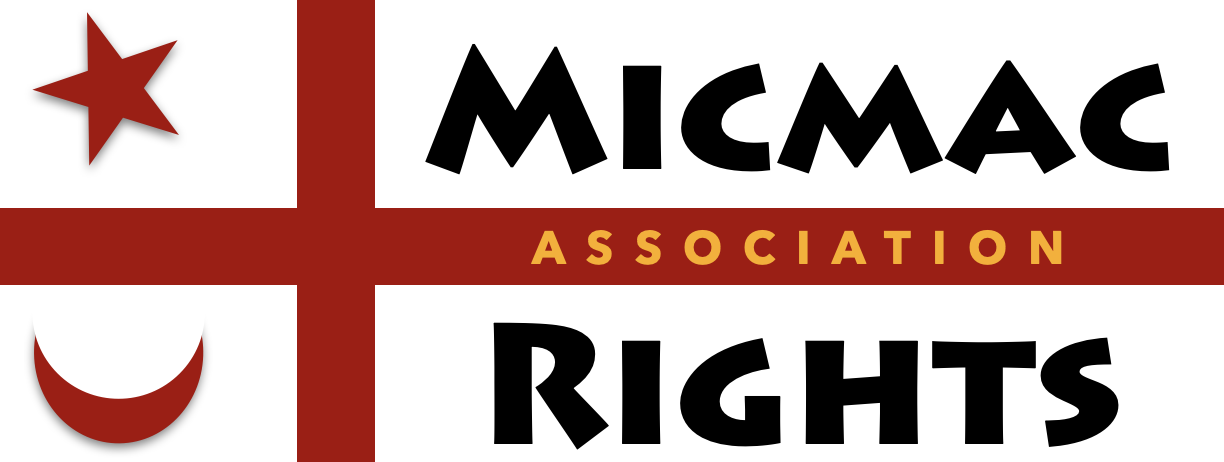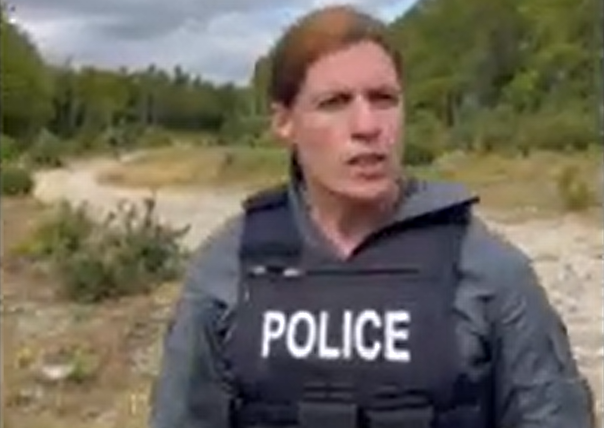
On September 13th, 2025 the MRA Media Team was out on assignment, documenting the devastation of unceded Mi’kmaw lands on Hunter’s Mountain. The team was being surveilled by a helicopter they later identified as an Airbus H125, a common civilian helicopter but also used by the Nova Scotia RCMP as requested from the federal branch. Shortly after filming, RCMP Liaison Holly Murphy unlawfully detained the MRA Media Team.
Officer Murphy stated that “everyone’s detained for a mischief investigation for whatever was happening at Nova Scotia Power.” The Team was detained, but shortly after, a Mi’kmaw delegation led by MP Jaime Battiste arrived and Murphy suddenly dropped her “mischief investigation” and turned tail and ran without so much as introducing herself. With the RCMP gone, conservation officers stayed to talk with Battiste.
Canadian law states that anyone, journalist or otherwise, may film where they have “right of access”. As Mi’kmaq People documenting damage to their traditional hunting grounds it would be reasonable to state that the MRA Media Team has “right of access”.
Battiste, who serves as the Parliamentary Secretary to the Minister of Crown–Indigenous Relations, was in the company of a video journalist from APTN.
A strikingly similar incident occurred in Muskrat Falls Newfoundland in October of 2016. An Indigenous-led protest had halted a Nalcor Energy hydroelectric dam project on the Churchill River. Justin Brake, a reporter with The Independent at the time, followed a group of Indigenous-led protesters into a restricted area.
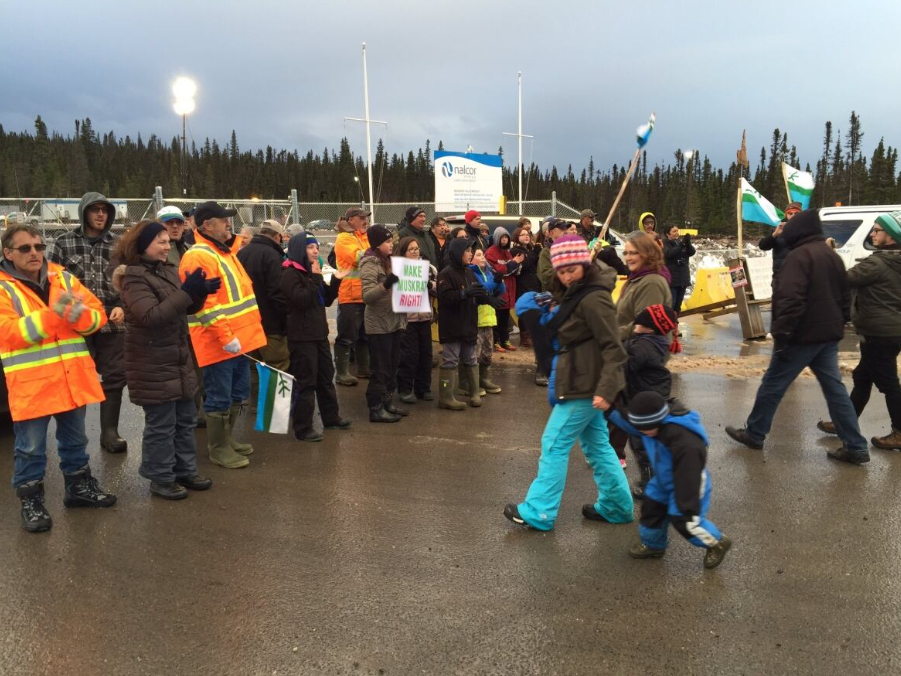
He was arrested and eventually he and 28 others were charged with mischief exceeding $5000 and disobeying a court order. At the time the Canadian Association of Journalists called the charges against Brake “an outrageous assault by the RCMP on press freedom in Canada” and said that it “could cause a chill in reporting on controversies over resource development projects and indigenous-led protests.”
In his own post on The Independent Brake said “These new charges deliver yet another blow to the integrity of Canada’s police agencies, including the RCMP, when it comes to protecting, not hurting, press freedom.”
He was eventually acquitted in March of 2018 with the Newfoundland Court of Appeals finding that his role as a journalist covering Indigenous issues was a significant factor. They also ruled that he was not the subject of any injunction as Nalcor’s use of a “John Doe” filing was too broad.
Below you will find a selection of resources that will help you assert your rights when filming. Please note that these rights are applicable in Canada and the law may not be the same in the US or other Territories.

